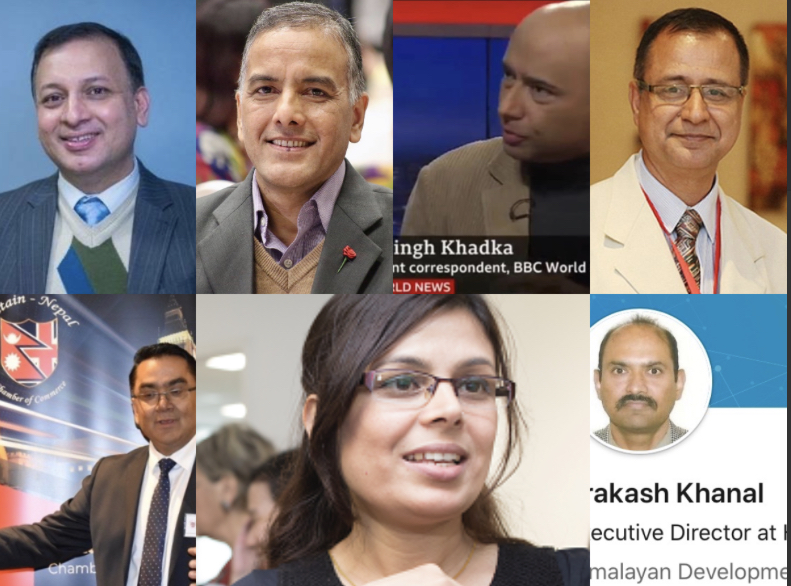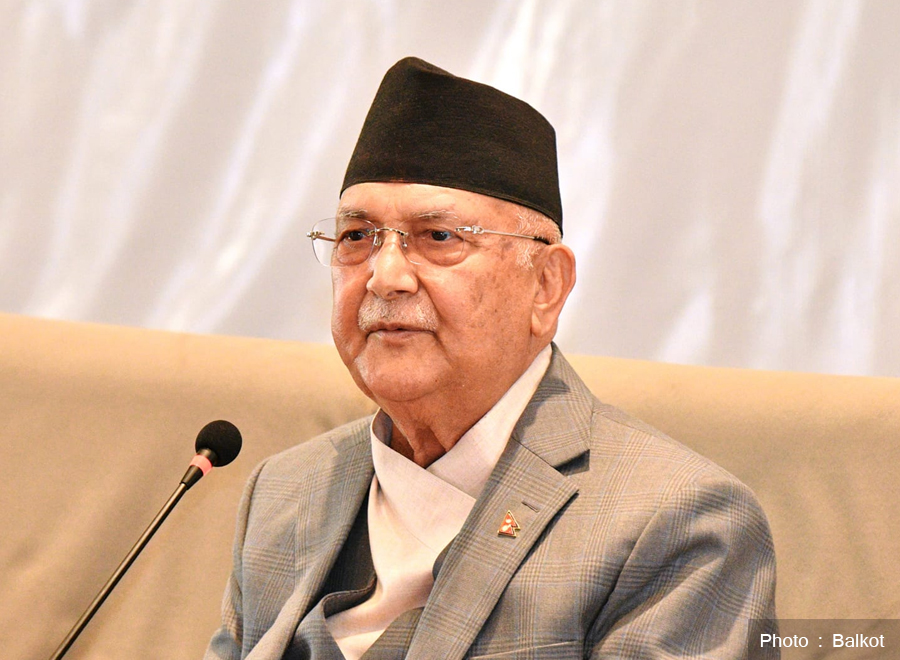SAT organising a Round Table interaction to discuss Business, Development and Human Rights in Nepal

London— South Asia Time U.K., along with Himalayan Development International (HDI) and International Solidarity for Nepal (INSOFN) UK, are jointly organising a Round Table interaction with the aim of exploring ways to contribute towards Nepal’s development through skills transfer and promoting entrepreneurship from the diaspora community.
The program is scheduled to be held on Sunday, 26 January 2020 at Putney , London.
The event is being organised on the occasion of first anniversary of www.southasiatime.com, the only English online news portal led by Nepali journalists based in the UK.
Five experts from different sectors will make their presentations, said coordinator of the program and publisher/editor of South Asia Time, said Jagan Karki, event coordinator and Editor of www.southasiatime.com.
The theme of the program is ‘SAT Round Table on Business, Development and Human Rights in Nepal.’
The aim and the objective of the program :
Round Table on Business, Development and Human Rights (Nepal)
Background
The number of Nepali people migrating and residing in the industrialised countries in the West has increased considerably over the years. There are no official records to show exactly how many Nepalis people are in the UK, and how many among them are professionals and entrepreneurs. Also not known yet is how diaspora entrepreneurs contribute to skill transfers and economic growth in Nepal which has, if/any, contributed to the business practices challenging corrupt practices and thereby contributing indirectly to human rights of economic, social and cultural nature.
At the outset, it is a notion which looks very much theoretical but what is important is to examine whether entrepreneurship contributing to fair business practices contributes to fight corrupt practices and corruption, and also contributes to the growth and increased revenues. This in turn increases the ability of the government to spend fairly in health and education ensuring the rights of deprived communities and individuals.
Aim of the Programme
Create, in the long run, a loose network of informed group of people who will be willing to contribute to skill transfer on entrepreneurship, information/dissemination, and human rights activism contributing to fair business practices, end corruption and ensuring right to health and education of the deprived (particularly in Nepal).
Objectives of the Programme
- To spell out entrepreneurship for fair business practices relevant to Nepal
- To identify how fair business practices can help Nepal to eradicate corrupt practices
- To share our creative ideas how eradication of corruption in various levels contribute to the rights of people, particularly their right to health, education and equality.
- To identify the preliminary joint activities of diaspora entrepreneurs, media, and human rights community.
Welcome and Objectives/Rapporteur: Bhagirath Yogi, Consulting Editor, www.southasiatime.com
Chief Guest: Dr. Durga Bahadur Subedi, His Excellency Ambassador of Nepal to the United Kingdom, Inaugural Speech
Chair/Moderator: Dr. Krishna Prasad Upadhyaya, Chair International Solidarity for Nepal (INSOFN) UK
Panels:
- Dr Kapil Rijal, Chair, Britain-Nepal Chamber of Commerce:Transfer of Skills for good Business Practices: A case of Nepal
- Prof. Padam Simkhada: The Privatisation of Higher Education in Nepal: Road ahead
- Mr Prakash Khanal, HDI: Ethical business practices and impact on Development – A case study of Nepal
- Dr Punam Yadav: Women politicians and political quota in Nepal: Challenges to women’s Empowerment in a patriarchal society
- Mr Navin Singh Khadka, Environment Correspondent, BBC World Service: Climate politics: How countries like Nepal can protect and promote their interests?
Discussions/Questions Answers
Summary by the Chair
















Facebook Comments